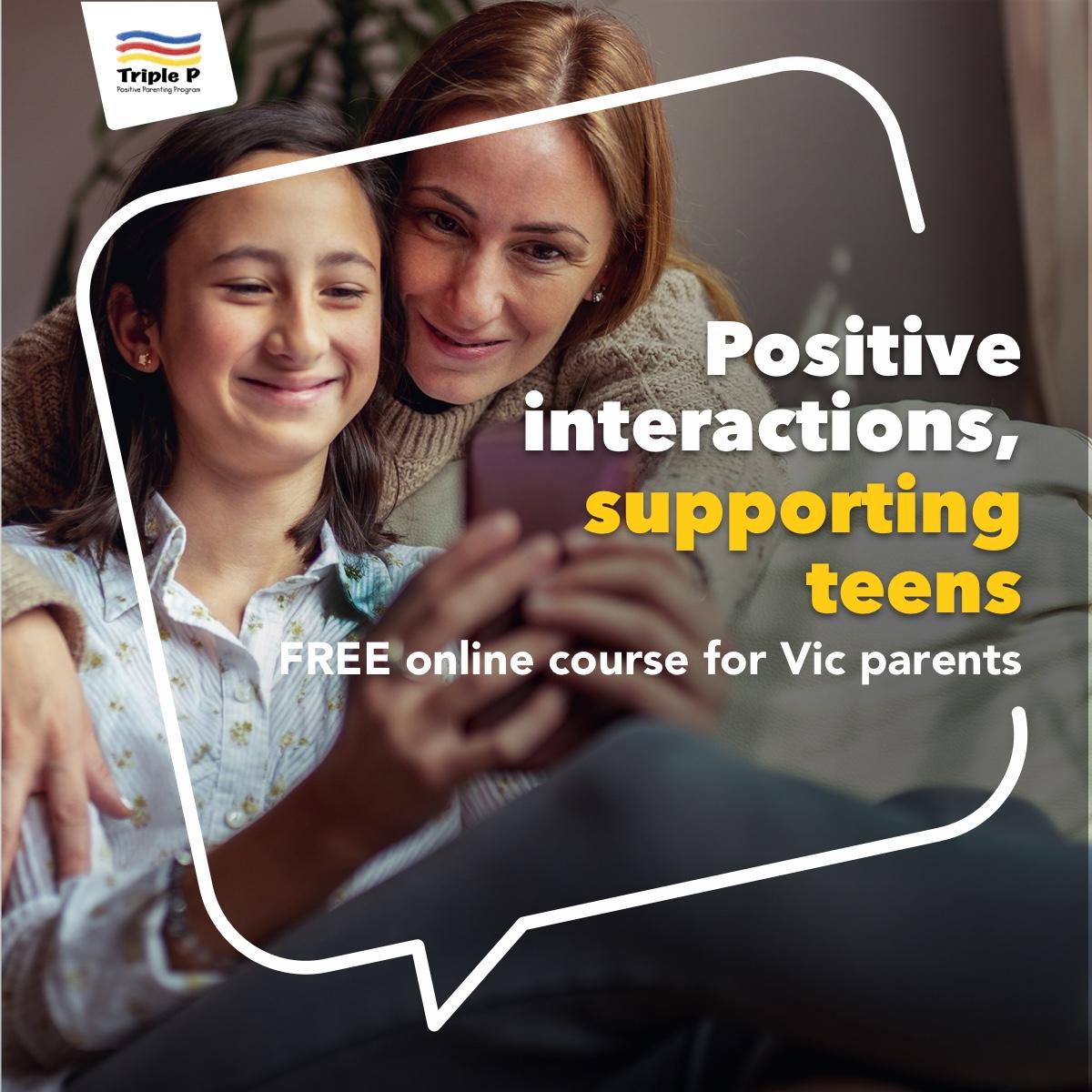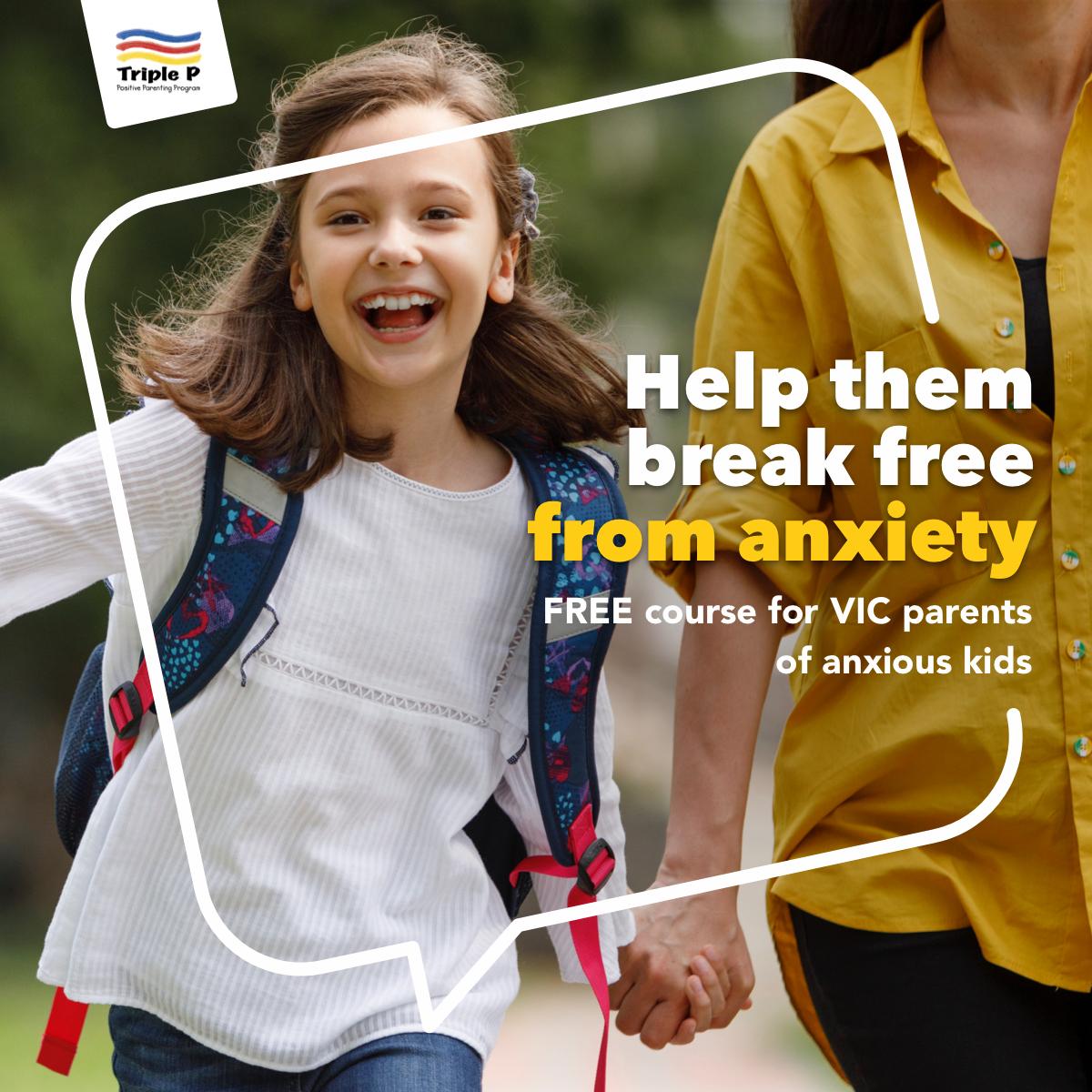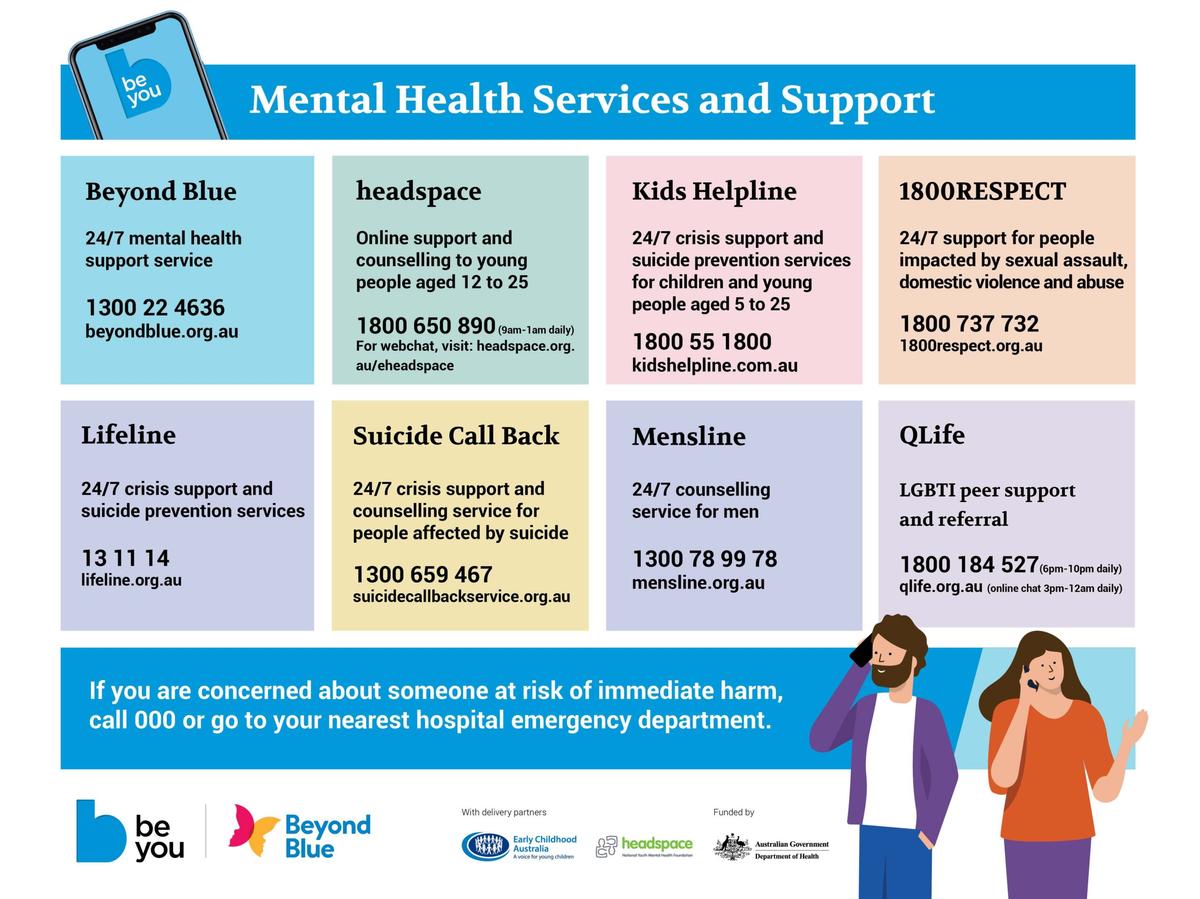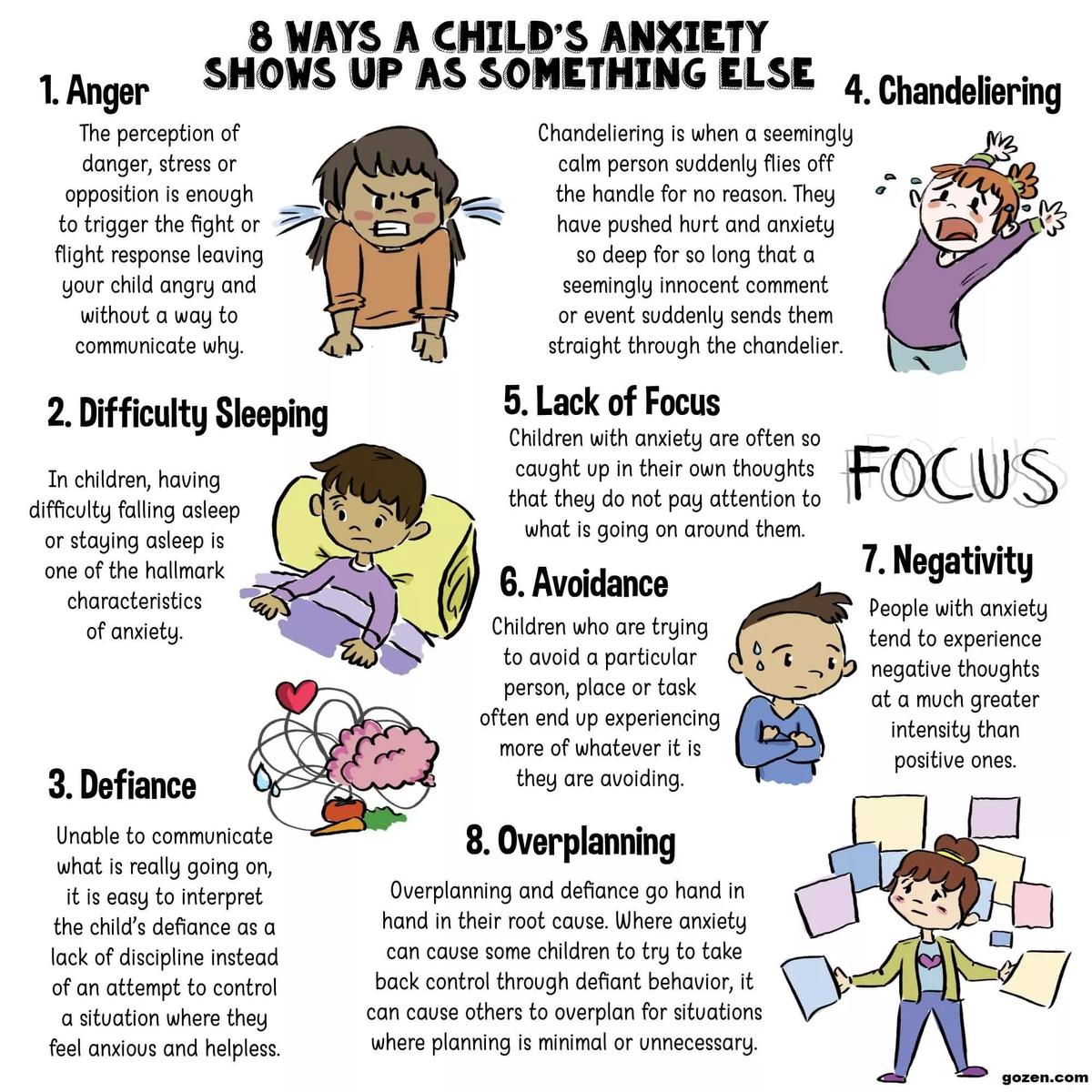MENTAL HEALTH & WELLBEING SUPPORT

TIPS FOR MENTAL HEALTH & WELLBEING
We all know that to keep a car going, we have to fill it with petrol, check the oil and water regularly and give the tires some air. To see a bank balance grow, we need to make steady deposits. But how often do we take the time to reflect on whether we are giving ourselves what we need to flourish and live well?
It can be so easy for us to take our mental health for granted; to prioritise other things; to put it off until next week. It can also seem too big and too hard. But it’s not. There are some things everyone can do. The following are some tips to get you started
- Get enough sleep and rest. Sleep affects our physical and mental health, but can be the first thing we trade in when we get busy or stressed
- Take time out for things you enjoy. Balance in life is important, so taking time out for things you enjoy can make a difference to how you think and feel
- Be active and eat well. Our physical and mental health is closely linked, so adding exercise and nutritious food every day can make us feel better
- Nurture relationships and connect with others. Our connection to others is what builds us up and keeps us strong
- Learn to manage stress. If you have trouble winding down or managing thoughts you may find relaxation, yoga or writing your feelings down helpful
- Get involved and join in. Being part of a group with common interests provides a sense of belonging so find out about sporting, music, volunteer or community groups locally
- Build your confidence. Learning improves your mental fitness and taking on a new challenge can build confidence and give you a sense of achievement
- Be comfortable in your own skin. Everyone is unique and should be celebrated. Know who you are and what makes you happy.
- Set realistic goals and deal with tasks one at a time. It is good to be specific when you set a goal to help keep you on track
- Reach out for help when you need it. Everyone needs support from time to time. Talking to a family member, a friend, your doctor or one of the many services available can make all the difference.
Mental health and wellbeing is important to individuals, families, schools, workplaces and communities. There is a role for all of us to play.
TRIPLE -P- ONLINE PARENTING COURSES
Option 1 – Triple P- Positive Parenting
To help support emotional wellbeing of children and families, the Victorian Government is now funding free access to the online Triple P – Positive Parenting Program for all families in Victoria. Triple P helps parents improve children’s confidence and resilience, especially as we continue to deal with COVID-19.
Option 2 – Focus on Fear-Less Triple P
Fear-Less Triple P Online program is your FREE online course to help you show your child or teenager positive, practical ways to break free from anxious feelings. You can do other positive online programs too, to help take the stress out of parenting and support your child’s emotional wellbeing – these tips and tools are all available to Victorian families for FREE! Find out more at www.triplep-parenting.net.au
Support your children to thrive – these tips and tools are FREE for all Victorian families! Get started today at www.triplep-parenting.net.au
CHILDREN (aged 0–12):
Childhood is a time of rapid development. The experiences we have during childhood help to shape the adults we will become.
Mental health and wellbeing is established early in life and provides children with the foundation for all aspects of their development including physical, educational, social, emotional and cognitive development.
Parents, carers and other significant adults play an important role in their child’s development and in building and protecting their mental health and wellbeing. In many cases, children who have good mental health carry it with them through life.
However, there is a small proportion of children in Australia (around one in seven), who will experience a mental health condition during childhood, and we need to better support these children. Given that half of all mental health conditions in adulthood begin before the age of fourteen.
We know that the time to act is early, during childhood. Beyond Blue is working to raise community awareness about the mental health needs of children so that the people closest and most influential in a child’s life – their parents, carers and other significant adults including professionals – can notice the signs and symptoms of poor mental health earlier and seek the appropriate support sooner.
FOR PARENTS:
- For more on how mental health conditions present in children, visit Beyond Blue'sHealthy Familieswebsite.
- Take the child mental health checklist to measure a broad range of social, emotional or behavioural difficulties your child may be experiencing.
- Get tips for building your child’s resilience.
ONLINE PROGRAMS & APPS
Click on the program and you will be directed to the website.Bite Back
BITE BACK is a free, self-guided online wellbeing and resilience program for young people aged 13–16 years old. It uses a combination of fun, interactive activities, quizzes, animations and information across nine positive psychology domains including gratitude, optimism, flow, meaning, hope, mindfulness, character strengths, healthy lifestyle, and positive relationships.
Brave Program
The BRAVE Program is an interactive, online program for the prevention and treatment of childhood and adolescent anxiety. The programs are free, and provide ways for children and teenagers to better cope with their worries.
MoodGYM
This free, fun, interactive program helps you identify and overcome problem emotions and shows you how to develop good coping skills for the future.
8 SIGNS OF ANXIETY IN CHILDREN THAT SHOW UP AS SOMETHING ELSE





